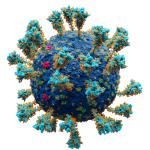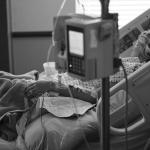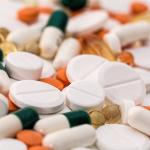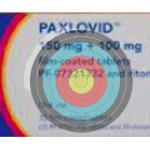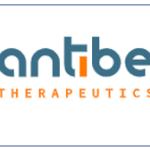It was the horrendous Tuskegee experiment that eventually led to the formation of the Institutional Review Board system, designed to protect human research part
clinical trials
The notion of human medical experimentation elicits visceral repulsion.
Why is it that the results of well-controlled studies often, if not always, find them difficult to replicate in the real world? That loss of efficacy is termed the voltage effect, as described by John List.
For many years, norovirus vaccine (NoV) research has been going gangbusters but with nothing to show. NoV is one of the primary culprits behind acute gastroenteritis worldwide.
Environmental impact analyses make sense to a certain extent. A transportation megaproject surely will disrupt ecosystems and threaten wildlife.
During my years as an FDA official, I learned that there is a fundamental fact of life that underlies all drug testing and regulatory review: The data are seldom as complete and unequivocal as you might like.
One of our standard medications used in caring for the critically ill is steroids, more specifically glucocorticoids.
I recently wrote about the frequent failures of the "peer-review" system for vetting scientific articles before their publica
An important drug from a giant drug company is bound to have a target on its back. Lately, this has been the case with Pfizer's Paxlovid.
Last year, I wrote an article about Antibe Therapeutics' potentially revolutionary drug (1), ATB-

